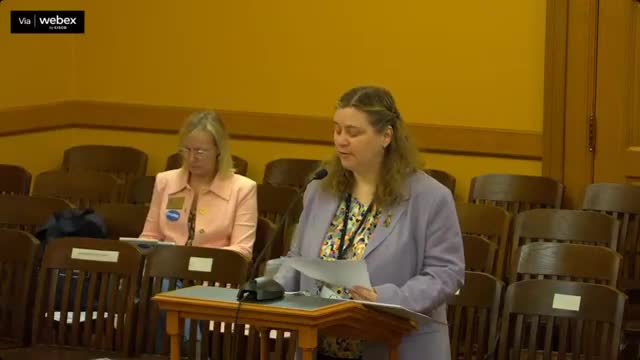Article not found
This article is no longer available. But don't worry—we've gathered other articles that discuss the same topic.
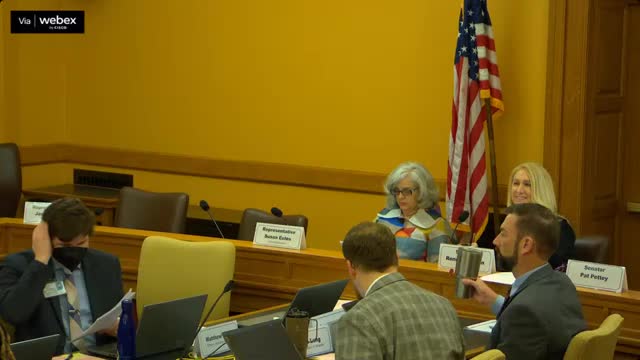
Oklahoma presentation: foundation aid, teacher-incentive calculations and transportation supplement explained
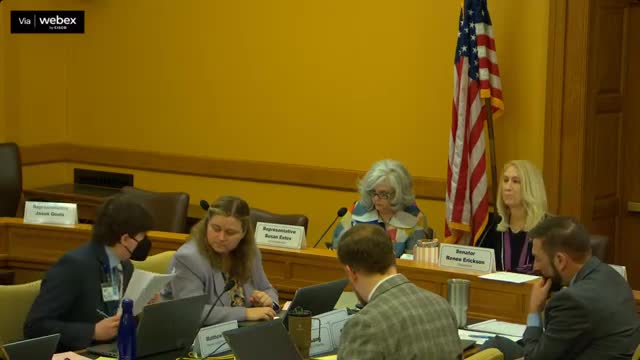
Nebraska’s TEEOSA formula reviewed; many allowances, new $1,500 foundation aid addition discussed
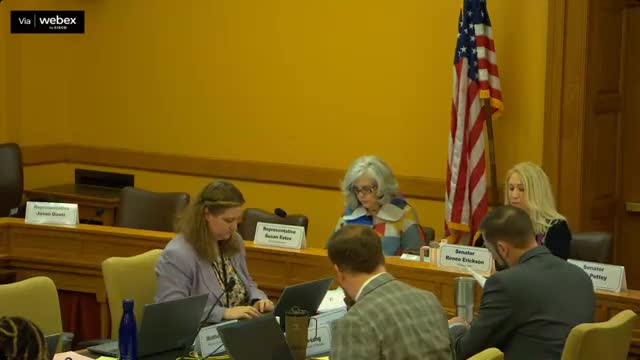
Missouri model emphasizes 'performance districts' and thresholds for supplemental weightings
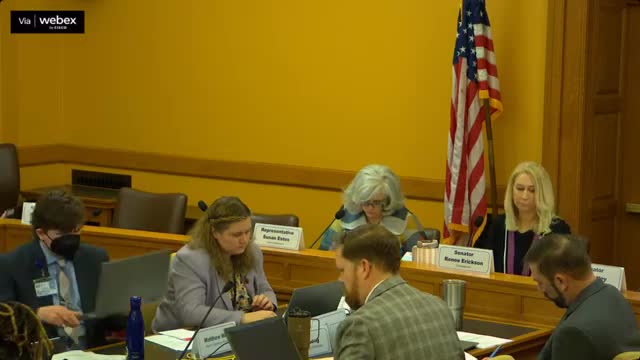
Iowa’s layered foundation and supplement model detailed; special education and sharing weightings explained
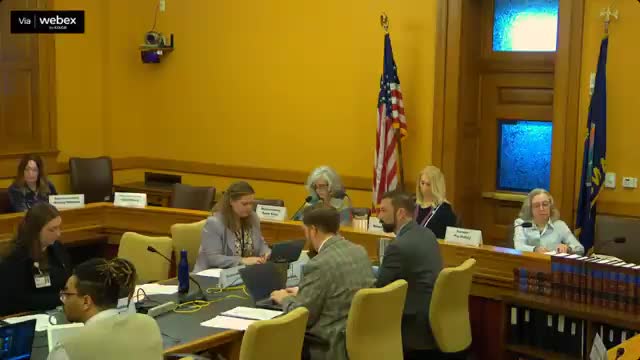
Colorado’s phased school finance overhaul highlighted; formula shifts from district-modified bases to statewide base with weightings
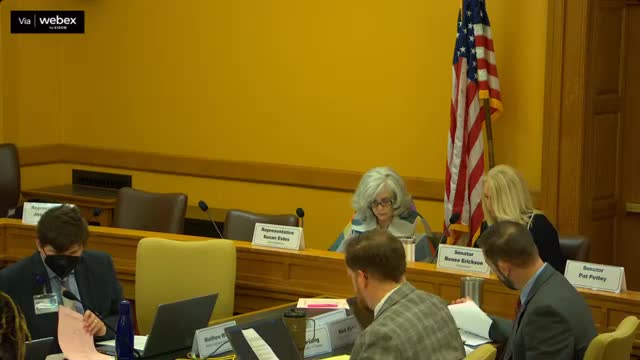
Task force reviews Arkansas school finance formula, including isolated- and professional-development funding
